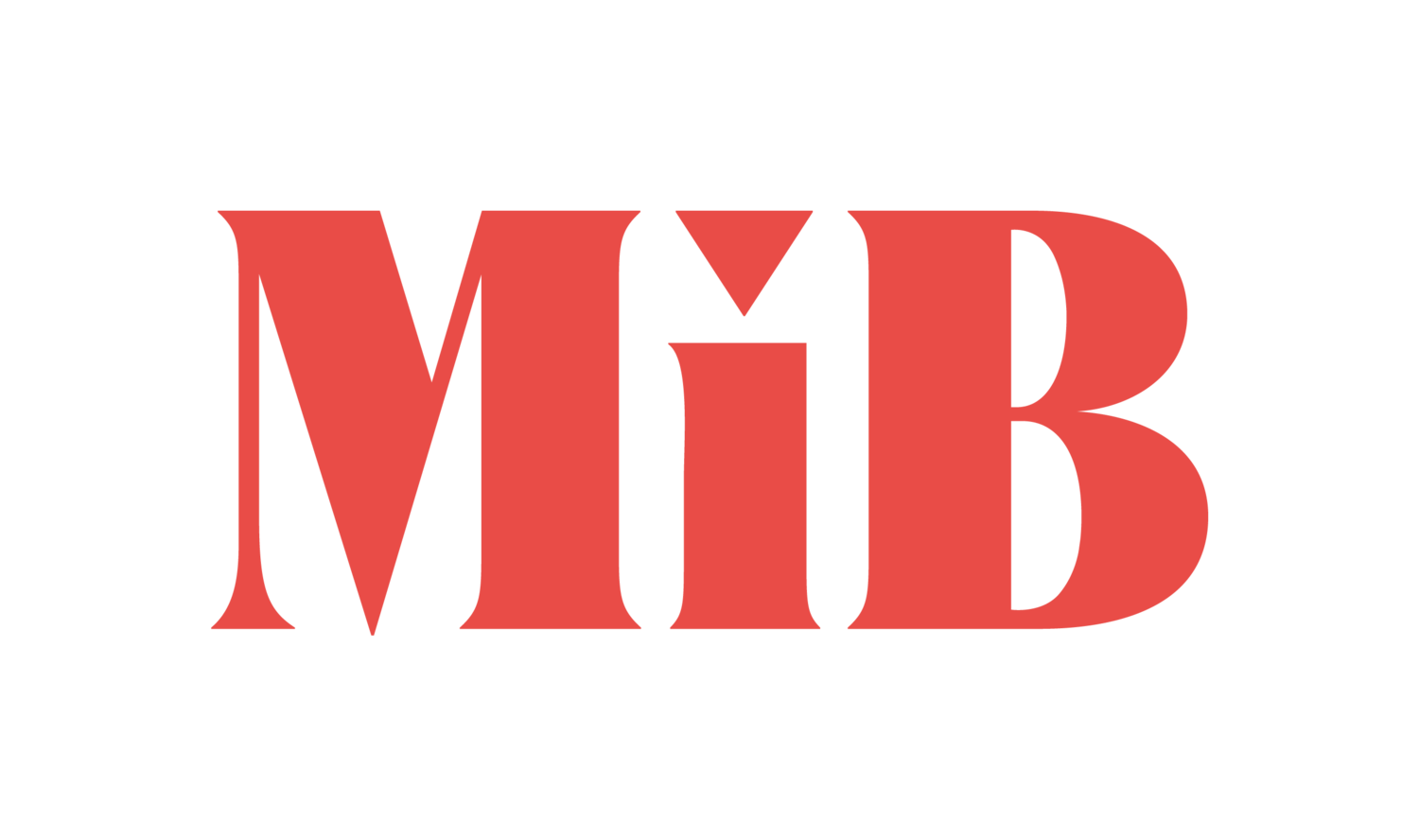Looking for your next career step?
The City of Helsinki's Spouse program workshop for international talents in August produced a list of solutions to overcome barriers in entering the Finnish job market.
MiB International project was happy to help in the workshop, and we're happy to share the results with you. Boost your career with the help of these tips.
Language: It goes without saying that the lack of language is often a reason for internationals not getting a job
“Be even more so aware of your professional and personal strengths that might overcome the lack of local language”
Look for local companies with international footprint and focus your job application process on these companies.
Use recruitment companies to help you find local organizations with job openings that don’t require Finnish
Be even more so aware of your professional and personal strengths that might overcome the lack of local language
Start to learn Finnish. It shows your good will and it shows that you are planning to stay in Finland which is already a big plus for many recruiters.
But don’t get lost in the language, apply for jobs while learning Finnish and don’t wait until you are fluent in it. The best way to learn is while working.
Challenge an employer (and please do so in a polite and professional way) on the reason why Finnish is required and what level is needed. “Fluent Finnish skills” may not always be the expected level.
Consider available tools and services, for example by the TE Office, to get connected with local employers
Hidden Jobs: Many of the available jobs will never be visible – how can we overcome this challenge?
Research the industries and companies you want to work for and be brave enough to write open applications.
These applications should be specific, clearly showing why you want a particular job and how your skills and expertise will benefit the company.
Find groups, associations and communities that are related to your field of interest and possibly also have an international focus (like expat communities for example).
Be active - get to know these groups and be vocal about what you are looking for. There is a good chance that participants of these communities know about relevant hidden jobs
Use LinkedIn as a search engine (just as you would use google) to find suitable companies, and people who work in these companies and have a relevant professional background.
Reach out to these people with tailored messages, always having a good reason to connect. People are usually more likely to connect and help than we might think.
“Networks are relationships and as with all good relationships, they should be maintained. ”
Professional Network: When we move to a new country it often means that we have to start all over, building up a new network of colleagues and professional acquaintances.
Here the above-mentioned points in relation to the hidden job market equally apply.
Make networking your job – set goals and targets on who you want to meet and how many connections you want to make in a certain time frame. Networking is a numbers game and the more connections you make the more likely it is to find the valuable ones.
Have a clear understanding of who you want to meet, how, when and where. Blind networking can become a waste of time but targeted networking can quickly bring promising results.
It is very important to maintain our professional network also once we found a job. Connections are relevant both when trying to find but also when having a job.
Networks are relationships and as with all good relationships, they should be maintained. Also, we live in a fast-paced environment where our professional situation can change quickly and a well maintained network can be of great support.
Local Market Experience: Many jobs might be unavailable despite great work experience we gained in our home countries.
Learn to highlight your professional strengths, personal and transferable skills and show that you are a quick learner.
Boost your CV and Cover Letter skills and consider even more so what makes you stand out of the crowd.
Make sure to highlight how your previous work experience can concretely benefit the company and job you are applying for
Identify organizations that have ties to your home country or plans to expand into the market you are familiar with.
The Right Job Level: The points and challenges above can be a reason why we might have to take a step back and accept a job on a lower level than we used to have. – Is that a bad thing?
Taking a step back can be an opportunity to quickly enter the job market without loosing trust and confidence in your own abilities during an otherwise long and frustrating job search process.
It might also be a chance to rethink your goals, set a new direction and work towards a bigger vision.
Accepting a lower job is also a great way to start building your network and profit from it in the future when aiming for higher positions.
CV and Cover Letter: Each country might have its own ways and requirements which makes it challenging when starting to apply for jobs in a new country.
Be aware that some companies value CVs and Cover Letters while for others networking is more important. Bottom line – each company and recruiter might have different views which you most likely don’t know when applying.
Therefore, make sure that your CV and Cover Letter are always well written and visually appealing. They are a representation of yourself.
But as mentioned above, never just rely on your CV and Cover Letter. Make sure to focus also on the development of your network.
“Keep it short – A CV and CL are a teaser and invitation to tell more”
Don’t repeat same points in your CV and Cover Letter – The CV shows your skills and experience, the Cover Letter expresses your motivation and how your skills and experience concretely benefit the organization and job you apply for.
Don’t be generic – tailor your CV and Cover Letter towards each position you apply for. Make them personal, show your motivation for a particular job and how this job ties into the bigger goals of your life.
Be ready to back up all your points in the CV and CL with concrete examples when making it to the interview process.
Keep it short – A CV and CL are a teaser and invitation to tell more.
Integration happens on many levels and does not have to start with a job.
Focus on Your Well-Being: Applying for a job is not always but can become a rather long journey with setbacks and disappointments.
Set the right expectations and don’t become too soon inpatient and frustrated
Make sure to focus on other parts in your life that bring you joy.
Spend time with your family and friends. Enjoy your hobbies and take part in the community.
All the activities you do that bring you joy, energy and confidence will have a great and positive affect on your job search, application, and interview processes.
If you are completely new to the country, take this opportunity while searching for a job, to get to know your new environment – the city, the people, the language, the nature…
❤️ Integration happens on many levels and does not have to start with a job.





